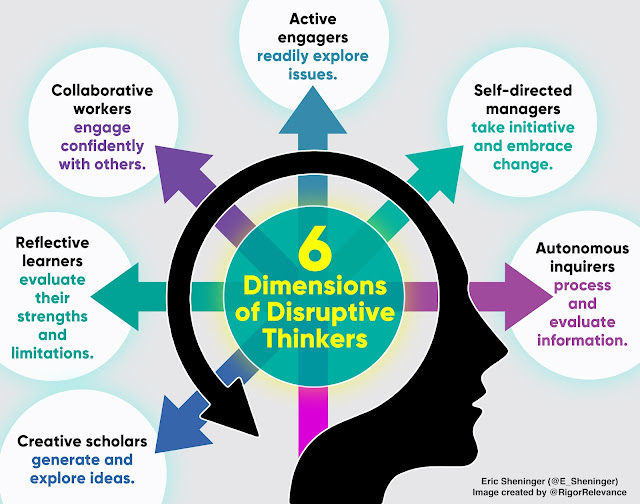I vividly remember the first World Book Encyclopedia set my parents bought for the house in the early 1980’s. It was a sight to behold as what seemed like an infinite amount of knowledge was alphabetically organized, just waiting to be consumed. Housed in the dining room for ease of access by all, the copper and cream books with gold trim were a staple resource for my brothers and me when we had to do any research for school work. I even found myself perusing through the set randomly, looking to glean more insight into things that interested me. Without the encyclopedia set, our world was not very big. Little did we know, however, that the second these were published, they became irrelevant as new editions were already in print to keep up with the pace of new knowledge.
The Internet was still over a decade away, and when I got my first taste in the mid-1990s, I didn’t know how society would change forever. Flash forward many years, and we now have instant access to what seems like endless sources of information, which is both a good and bad thing, depending on perspective. I am of the opinion that endless scrolling through TikTok and over-snapping on Snapchat don’t always yield the best results when it comes to leveraging connectivity to learn. I digress. The rise of artificial intelligence has now put us in a new frontier of knowledge acquisition. You can even claim that the world is in the palm of our hands.
While the Internet drove the encyclopedia as we knew it to irrelevance, emerging technologies are having the same exact impact on traditional schooling. Virtually any student today can access knowledge and information. It’s what they can do with it in a meaningful way that they crave. This was reinforced to me recently when I met with a group of high school students in New York. During our conversation, they stressed the need for relevant learning and a more significant purpose, something that isn’t always emphasized in the curriculum. The image below captures the essence of what school should be in the eyes of those we serve.
Now, I am not saying that knowledge and recall don’t have their place. They certainly do, especially at the lower elementary level. However, we need to ask ourselves what was gleaned of value from our experiences being “schooled” and then put ourselves in the shoes of our learners who have powerful computers in their pockets, access to AI, and can create elaborate content on a drop of a dime. Yes, they still need teachers, even more so than in the past, who can help them construct new knowledge, self-regulate, overcome challenges, and see connections to what is learned in a real-world context. What they need less of is content dissemination, where passive consumption and regurgitation of facts have limited value in a disruptive world.
Change is hard. Without honesty and vulnerability, it becomes even more difficult. While present challenges still remain in the form of time and a focus on standardized test scores, we must look for opportunities to honor students' voices and help them develop the competencies to engage in work that matters. This means personalizing the curriculum in ways that connect to what matters. While the tasks depicted in the image above are certainly important, we can’t discount the importance of competencies that will allow learners to thrive now and well into the future. In Disruptive Thinking in Our Classrooms, I identified six of these, which you can see below.
As I reminisced about the bygone era of encyclopedias, the purpose was to chart our journey to the present, where the Internet and artificial intelligence have revolutionized access to knowledge. It’s time for a fundamental transformation in education from the passive intake of information to a system emphasizing relevance, purpose, and the practical application of knowledge. Conversations with students confirm the craving for education that aligns with real-world needs and enables meaningful contributions. The time is now to evolve beyond traditional roles, fostering competencies that empower students to proactively navigate and shape the future. It calls for personalized curricula that respect and amplify student voices, preparing them for a world where adaptability, creativity, and critical thinking are paramount. Are you in?


No comments:
Post a Comment